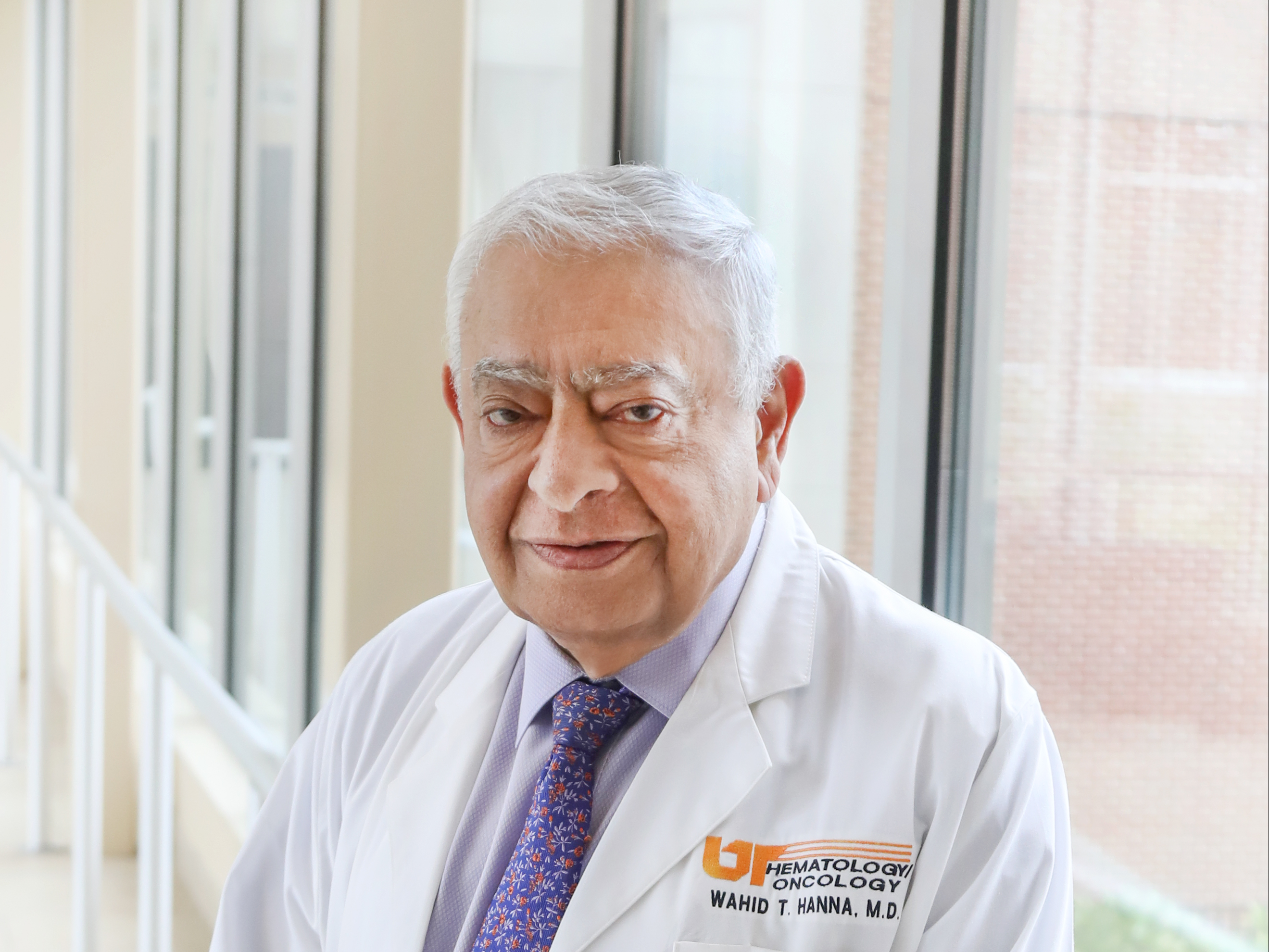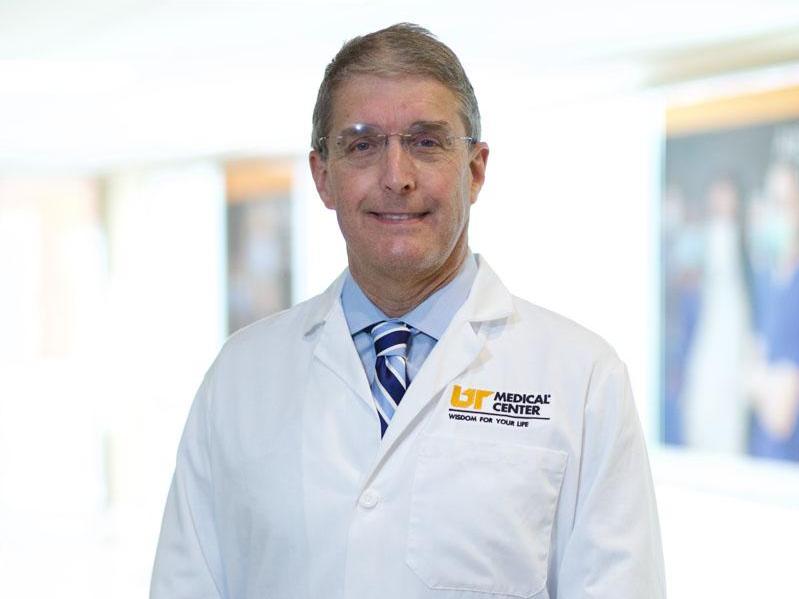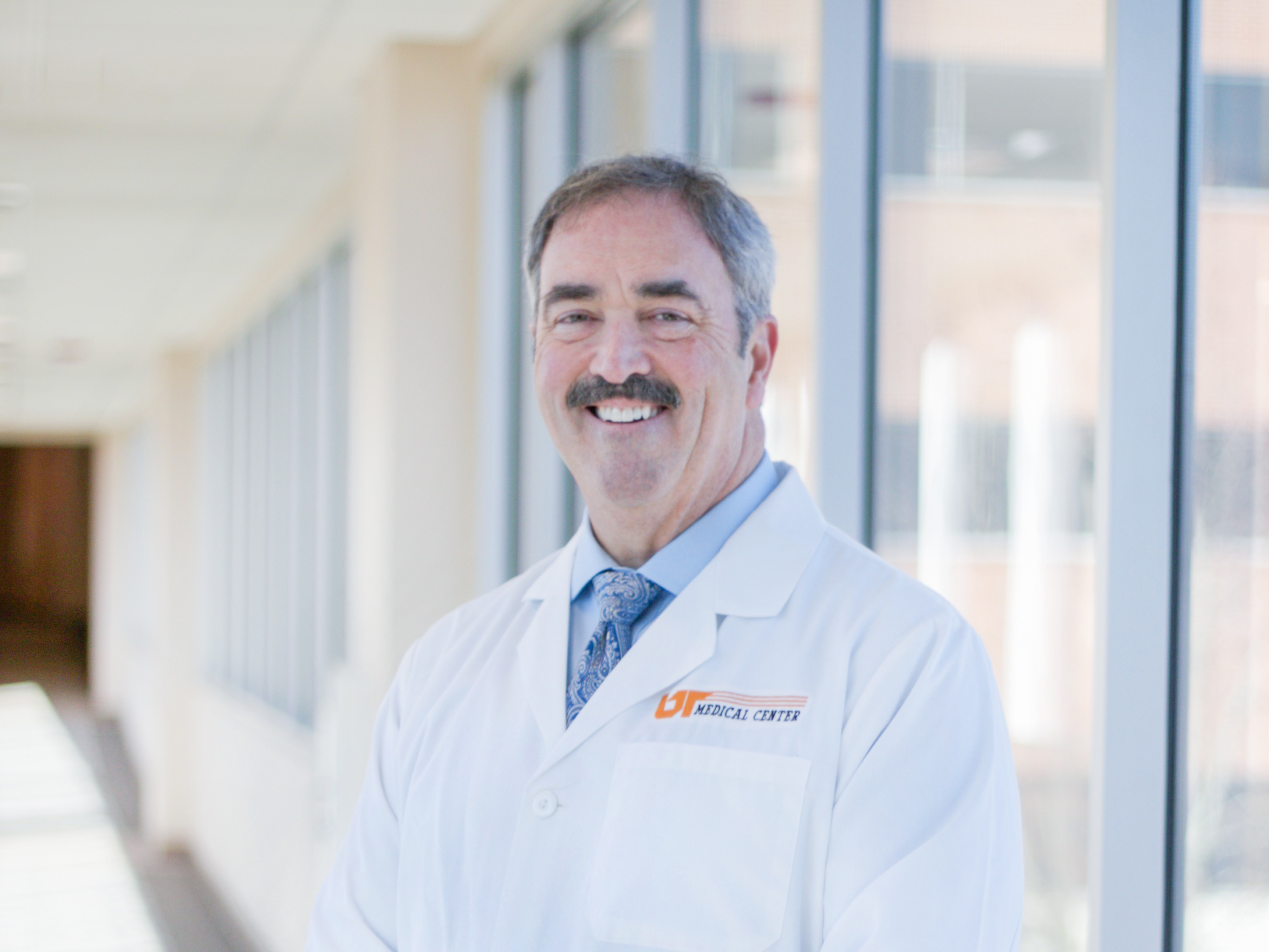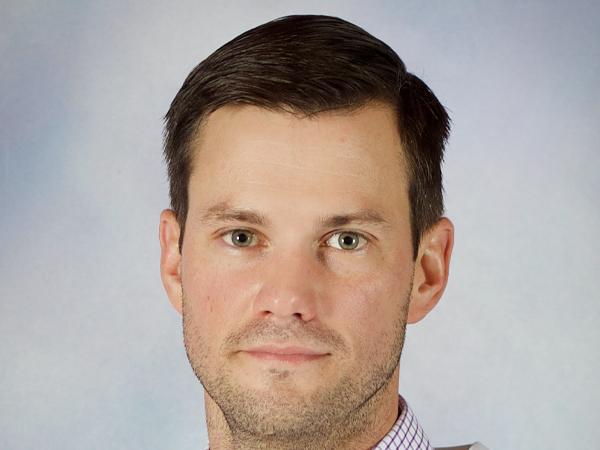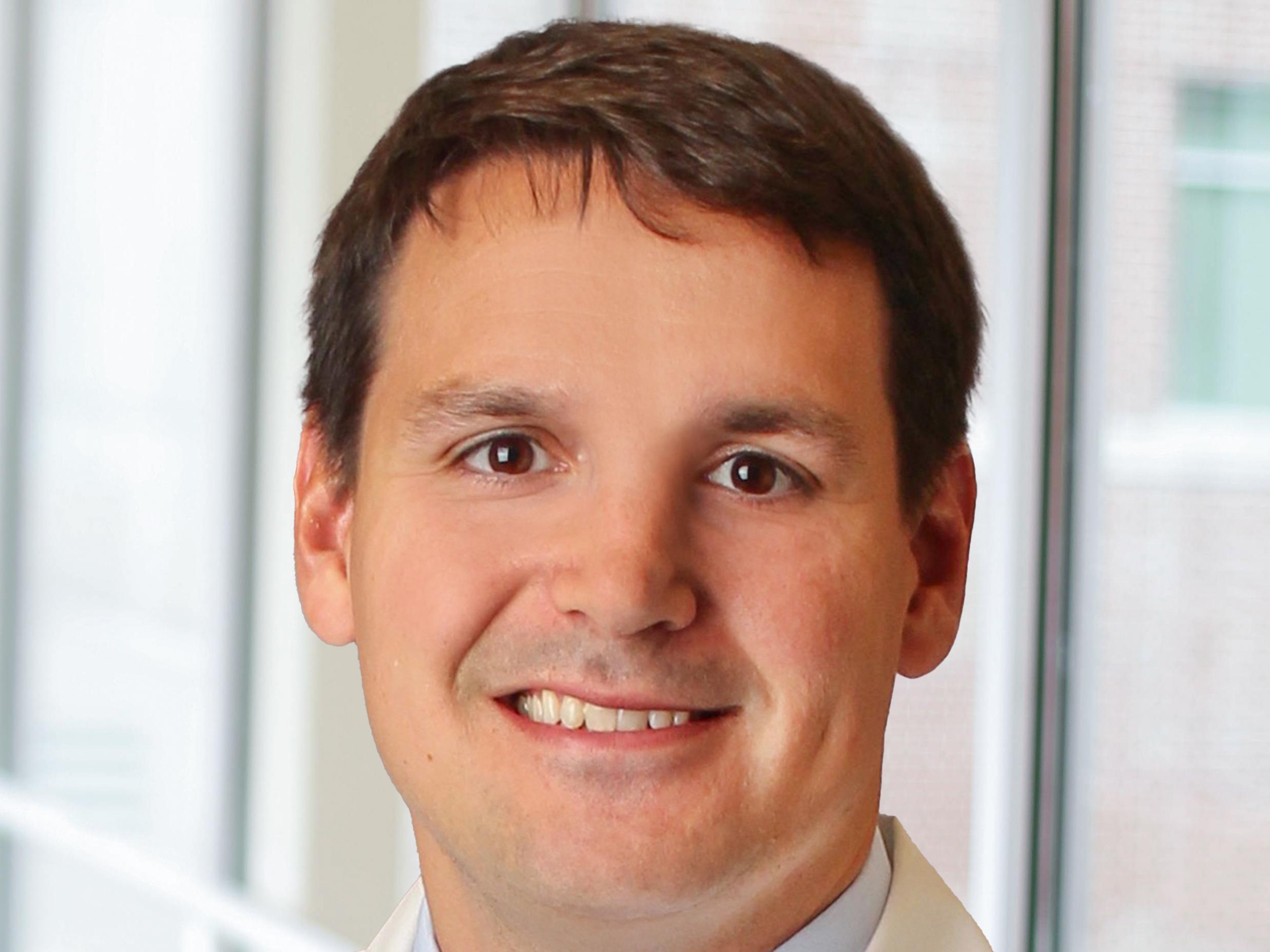Overview
The American Cancer Society estimates that approximately 60,000 new cases of renal cell carcinoma (kidney cancer) will be diagnosed annually. The widespread adoption and use of cross-sectional imaging (CT scans) has led to the detection of many of these tumors at a very early and treatable stage.
Diagnosing Kidney Cancer
Classically, renal cell carcinoma was diagnosed at a fairly advanced stage and many patients presented with visible blood in the urine, flank pain, and a palpable flank mass. Although some patients continue to present with these symptoms, the most common method by which a renal mass is discovered is through imaging performed for an unrelated reason (incidentally detected).
Once a renal mass or lesion has been identified on either renal ultrasound, CT scan, or MRI, you will be referred to one of our urologic oncologists for review of these images and to discuss whether additional imaging and/or treatment is indicated.
In many circumstances, the results of the imaging study will suggest kidney cancer until proven otherwise. Because many renal lesions/masses have such a classic appearance, many treatment decisions are made without the need for a preoperative biopsy.
Our Treatment Options
The Cancer Institute at The University of Tennessee Medical Center offers the broadest spectrum of cancer specialists and services to care for our patients with kidney cancer. Cancer patients receive all of their cancer care including surgical consultations, radiation therapy, genetic counseling/testing, chemotherapy infusions, and supportive and integrative health services, all on the campus of UT Medical Center.
Patients are reviewed at our weekly multidisciplinary conference where urologists, surgical oncologists, medical oncologists, radiation oncologists, radiologists, pathologists, genetic counselors, nurses and clinical trials coordinators gather to determine the best individualized treatment plan for each patient. This level of coordination ensures that patients are receiving the highest level of care, offering the best outcomes and quality of life.
Treatment options are provided towards comprehensive education, prevention, risk reduction and diagnostics that include:
Active Surveillance
In certain circumstances, a renal mass/presumed cancer will be discovered when it is very small. Large studies have determined that the risk of metastasis is extremely low if a renal cell cancer is less than 3cm in diameter. For certain patients with comorbidities, certain elderly patients, or those who simply do not desire immediate treatment, active surveillance may be recommended. Serial imaging may be recommended to determine if the mass if growing rapidly and/or approaching the 3cm threshold. The decision to place a patient on active surveillance is always individualized.
Partial or Radical Nephrectomy
Historically, kidney cancer has been treated with complete removal of the affected kidney (radical nephrectomy). Although complete removal of the kidney is still sometimes required for highly complex or locally advanced tumors, the majority of kidney cancers treated at our center are done with KIDNEY-SPARING approaches. Large studies have demonstrated EQUIVALENT disease-free and overall survival with partial nephrectomy in which the tumor is removed while the remainder of the healthy kidney is spared. Although technically challenging and more complex than complete removal of the kidney, partial nephrectomy reduces the risk of future renal failure and may impart improved overall survival. Advantages of partial over radical nephrectomy include the preservation of renal function, improved overall survival, and the cancer-related outcomes are equivalent to that of radical nephrectomy.
The vast majority of partial nephrectomies performed at UT Medical Center are done in a minimally invasive fashion. Our team of surgeons is nationally and internationally recognized, and has performed over 500 laparoscopic and robotic partial nephrectomies, utilizing the da Vinci Robotic system. We are comfortable with highly complex tumors and those in particularly challenging locations. Use of the robot in this situation is ideal given the need for complex and tedious reconstruction following removal of the tumor. Operative time for robotic partial nephrectomy is 1-3 hours depending on the complexity of the tumor. Average duration of hospitalization is 2 days. Most patients are able to return to work within 2-3 weeks following surgery.
In certain circumstances, a partial nephrectomy is either not recommended or may be technically prohibitive. In these cases, a radical nephrectomy may be recommended. A radical nephrectomy includes removal of the entire kidney along with the surrounding fatty tissues of the kidney (Gerota’s Fascia). The adrenal gland and/or lymph nodes may be sampled or removed at the same time.
The vast majority of nephrectomies performed at UT Medical Center are done in a minimally invasive fashion. Typically, three small incisions are made over the abdominal wall through which the entire operation is completed. A small extraction incision is made in the groin so that the kidney can be removed from the body and given to the pathologist for evaluation.
Operative time for a radical nephrectomy is 1-2 hours depending on many different factors. Average duration of hospitalization is 2 days. Most patients are able to return to work within 2-3 weeks following surgery.
Tumor Ablation (Cryoablation or Radiofrequency Ablation)
In situ tumor ablation is offered to select patients with presumed kidney cancer. Among patients that are not optimal surgical candidates, tumor ablation may be performed using cryoablation (freezing) or radiofrequency ablation (heating). Conducted either laparoscopically or percutaneously (directly through the skin), small probes are placed directly into the tumor under direct vision and with the aid of CT and ultrasound. Once the probe is accurately placed, the tumor is frozen or heated in place (in situ). After a certain temperature is reached, the tumor is killed and turns into a ‘scar.’ Our solid tumor ablation team is composed of both laparoscopic surgeons and interventional radiologists, thereby offering experts in both surgery and imaging.
Treatment of Metastatic or Locally Advanced Kidney Cancer
Among patient who present with widely metastatic kidney cancer or with a very large kidney tumor with spread to the surrounding tissue and structures, a multi-disciplinary team of urologic oncologists, radiation oncologists, and medical oncologists will be assembled to provide an evidence-based yet individualized treatment plan. Your case will presented at our multidisciplinary tumor board and a treatment algorithm will be created.
Many patients will require surgical treatment including removal of the affected kidney. Once the patient has fully recovered, a tailored chemotherapy and/or immunotherapy regimen will be prescribed. The UT Medical Center Cancer Institute offers multiple national clinical trials that specifically address this patient population.
Clinical Trials
Cutting-edge treatment is offered to patients along with opportunities to participate in National Cancer Institute and pharmaceutical clinical trials. Clinical trials are research studies made available to patients that offer the newest treatments and test new ways to prevent, detect, diagnose and treat diseases.
For more information, visit Clinical Trials or call 865-305-9773.
Your Next Steps
If you or a loved one has been recently diagnosed with a kidney cancer, our Cancer Institute team is here for you in what can be a very stressful time. When diagnosed with cancer, many patients are faced with a variety of consultations, mounds of information and complicated decisions to be made concerning treatment options. Our center is designed to assist and support patients through their cancer journey so they can choose the most appropriate treatment plan based on their particular diagnosis and needs. Additionally, our physicians have offices in many locations throughout East Tennessee to better serve patients with urologic cancers.
We have two practices who treat patients with urologic cancer, University Urology, and Urology and Urologic Surgery.
Please don’t hesitate to ask questions and request help when you need it. Our new patient section will provide you additional information about the Cancer Institute and everything you need to know to prepare for your first visit.





